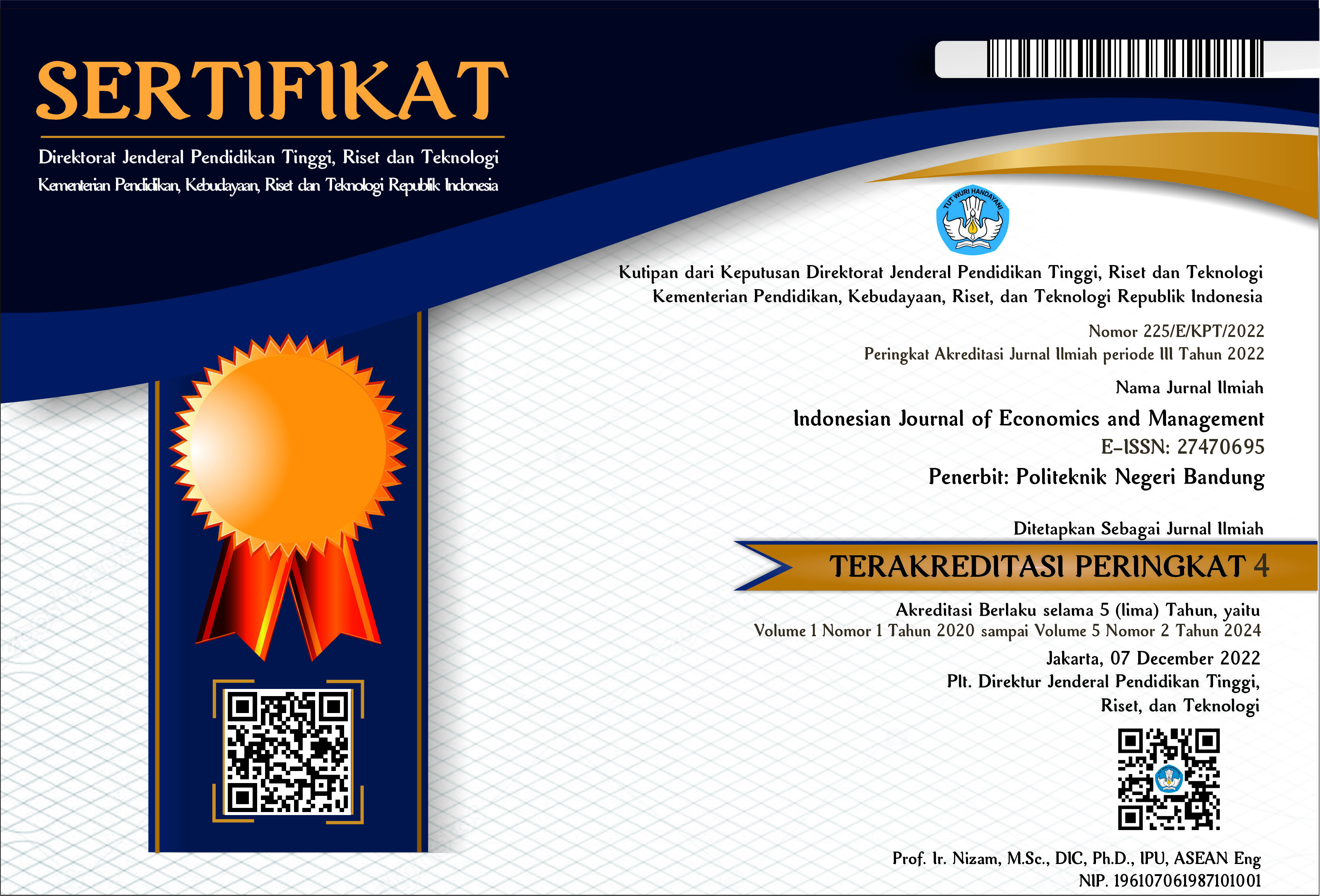The Influence of Motivation-Enhancing HRM Practices and Perceived Organizational Support on Employee Engagement
Abstract
Employee engagement has evolved into a vital concept in the business world. The importance of employee engagement is inseparable from its role in influencing the results achieved by the organization, either financially or directly through customer perception. Therefore, organizations need a way to keep employee engagement levels high. Unfortunately, problems start to arise when an organization's management lacks the understanding of what it takes to maintain employee engagement. The lack of understanding of the organization's management is due to the lack of research that reviews this issue. Over time, some researchers have managed to find a bright spot. This bright spot comes from the results of recent studies that show that employee engagement is influenced by various work-related factors such as HRM practices. In addition, other studies have identified the important role of perceived organizational support in moderating the influence of HRM practices on employee engagement. It is these two findings that the author wishes to further explore and verify through the conduct of thesis research. In order to achieve the main objectives of the research, the research will be conducted by utilizing quantitative methods. The quantitative method was chosen because of its capability in testing the suitability of the theory that will be used within this research. Through quantitative methods, it is expected that the research can run in an ideal manner.



